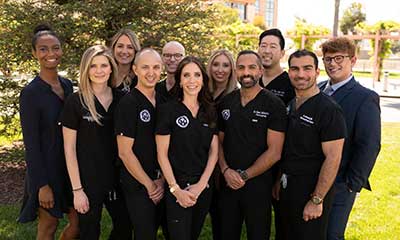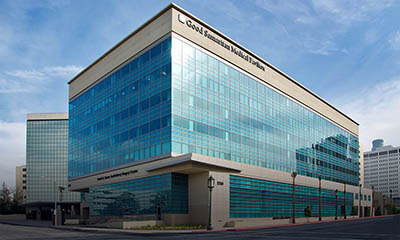A video laryngoscopy is a medical procedure that allows doctors to examine the larynx (voice box) and surrounding structures using a small camera attached to a thin, flexible tube called a laryngoscope. The camera provides a clear, high-definition video image of the area, which helps doctors diagnose and treat a wide range of conditions.
Why is video laryngoscopy used?
Video laryngoscopy is used for many different reasons, including:
- Diagnosing conditions: A video laryngoscopy can help doctors diagnose a wide range of conditions that affect the larynx, including vocal cord nodules, polyps, and tumors.
- Treating conditions: A video laryngoscopy can also be used to remove growths or other abnormal tissue from the larynx, as well as to perform biopsies and other procedures.
- Monitoring recovery: In some cases, a video laryngoscopy may be performed to monitor a patient's recovery after surgery or other treatments.
What to expect during a video laryngoscopy
If your doctor has recommended a video laryngoscopy, you may be wondering what to expect during the procedure. Here's a brief overview:
- Preparation: You'll be asked to refrain from eating or drinking for a certain period of time before the procedure, as well as to remove any jewelry or other items that could interfere with the camera.
- Anesthesia: Most video laryngoscopies are performed under local anesthesia, which means you'll be awake but won't feel any pain. In some cases, general anesthesia may be used instead.
- Procedure: Your doctor will insert the laryngoscope through your mouth and into your throat, and then guide it down to your larynx. The camera will provide a clear view of the area, which your doctor will use to diagnose or treat any issues.
- Recovery: After the procedure is complete, you may feel a little soreness or discomfort in your throat, but this should go away within a few hours. Your doctor will provide instructions on how to care for your throat and what to avoid while it heals.
In conclusion, video laryngoscopy is a valuable tool for diagnosing and treating a wide range of conditions that affect the larynx. If your doctor has recommended this procedure, it's important to understand what to expect so you can prepare accordingly. If you have any questions or concerns about video laryngoscopy or any other ENT procedure, don't hesitate to reach out to our Los Angeles ENT specialists for more information. We're here to guide you through every step of the process.

























